Featured Posts
All Posts
-
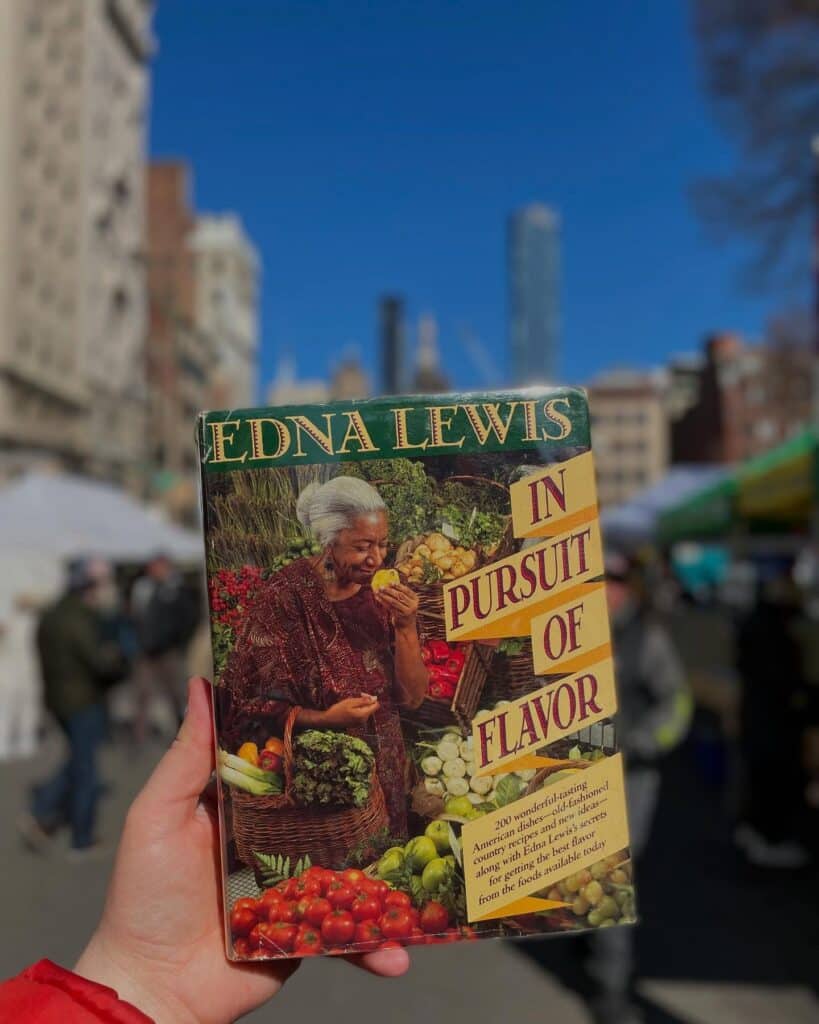 Food & Farmers
Food & Farmers
February 15, 2026 Black History Month Spotlight: In Pursuit of Flavor with Edna Lewis
“Ever since its inception, I’ve been going because the produce is fresh and locally grown.” - Edna Lewis on the Greenmarket It’s the 100th anniversary of Black History Month and it would be impossible to discuss the history and inestimable contributions of Black...
Read more -
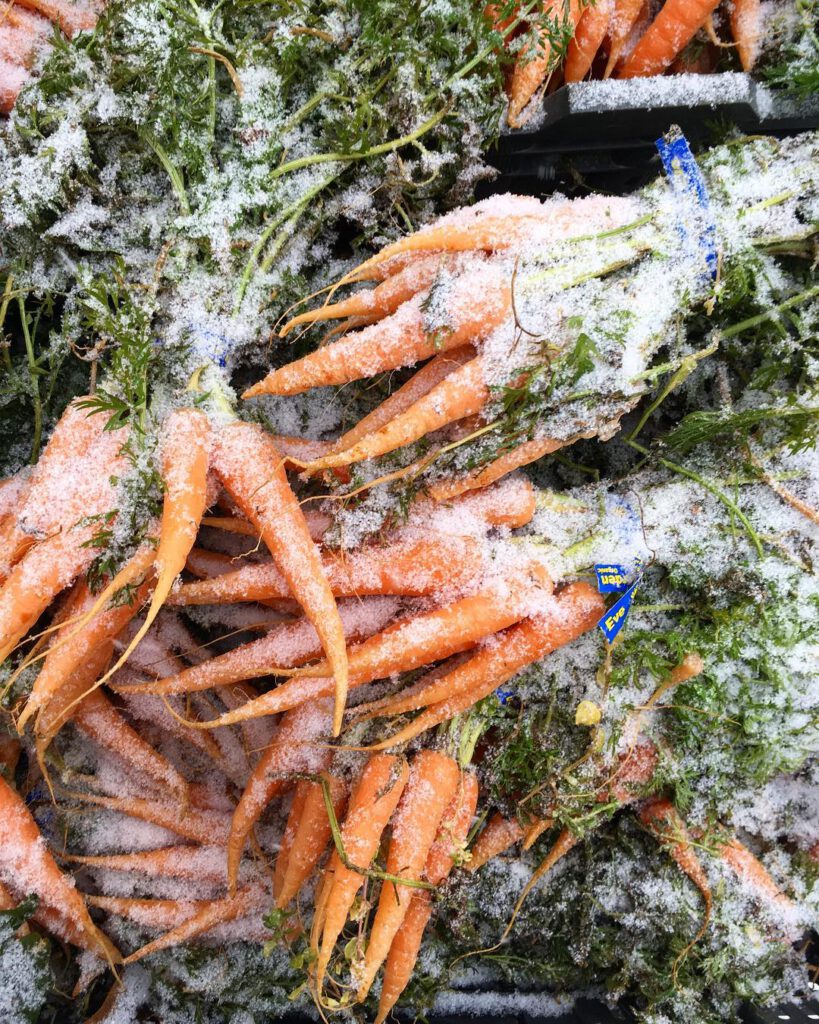 Uncategorized
Uncategorized
January 21, 2026 GrowNYC Weather Alert
There are no active weather or GrowNYC closure alerts at this time, please check back at a later time. Last updated: March 2, 2026
Read more -
 Greenmarket
Greenmarket
December 05, 2025 2025 Greenmarket Holiday Schedule
Christmas and the New Year are right around the corner and markets are abundant with all of the ingredients (as well as wreaths, trees, and gifts!) you need for delicious meals and celebrations. Some scheduling changes will take place due to the holidays. See below...
Read more -
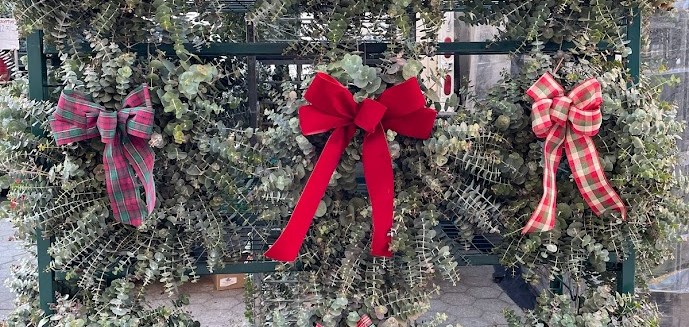 Greenmarket
Greenmarket
December 04, 2025 Deck the Halls – 2025 Greenmarket Gift Guide & Christmas Trees + Holiday Wreaths at Greenmarkets
Your locally grown Christmas trees, wreaths, and boughs will stay fresher longer and smell incredible. Greenmarkets where you can stock up on holiday decor:A'moon Farm: Wreaths, Bouquets, Garlands, Evergreen Decor (Union Square Greenmarket Wednesdays, Fridays and...
Read more -
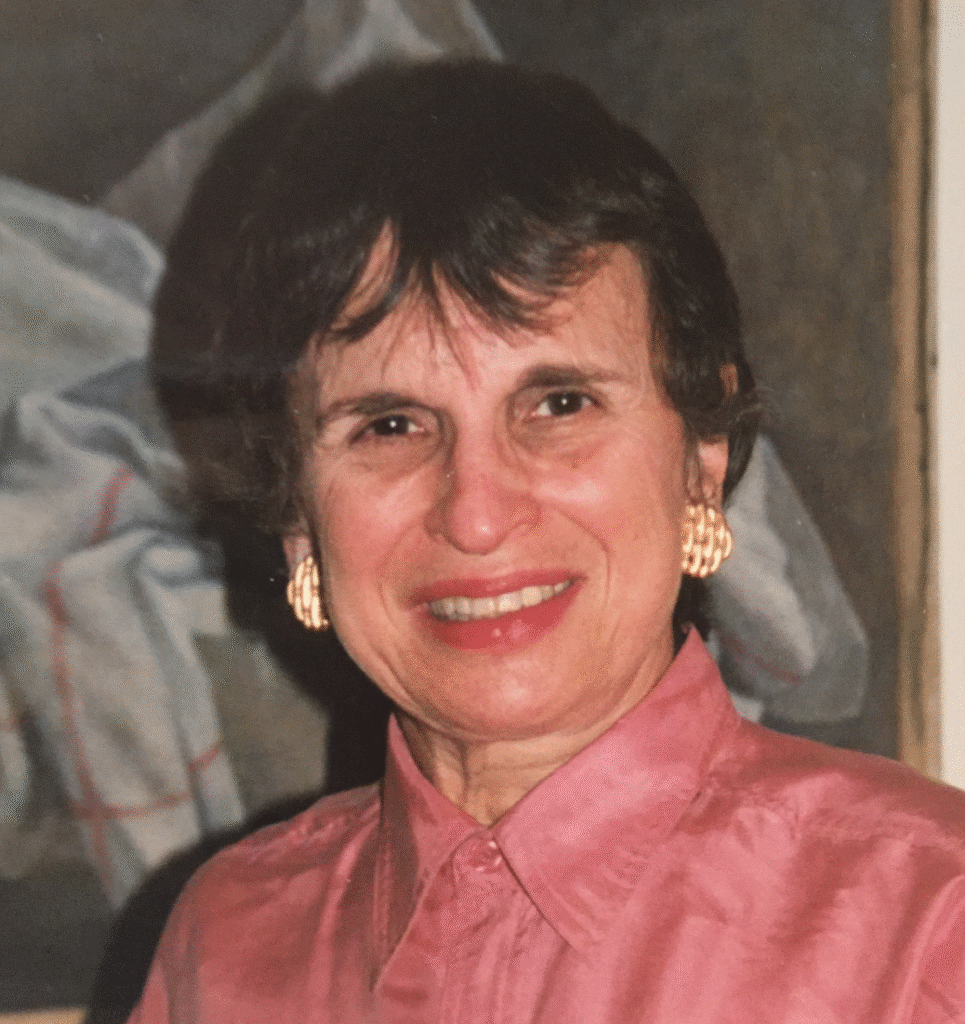 Uncategorized
Uncategorized
October 30, 2025 GrowNYC Remembers Dr. Arline Bronzaft
GrowNYC joins so many across New York City in mourning the passing of Dr. Arline Bronzaft, a longtime member of our Board of Directors since 1984 and a steadfast advocate for a more livable city.For decades, Dr. Bronzaft worked to bring attention to a vital yet often...
Read more -
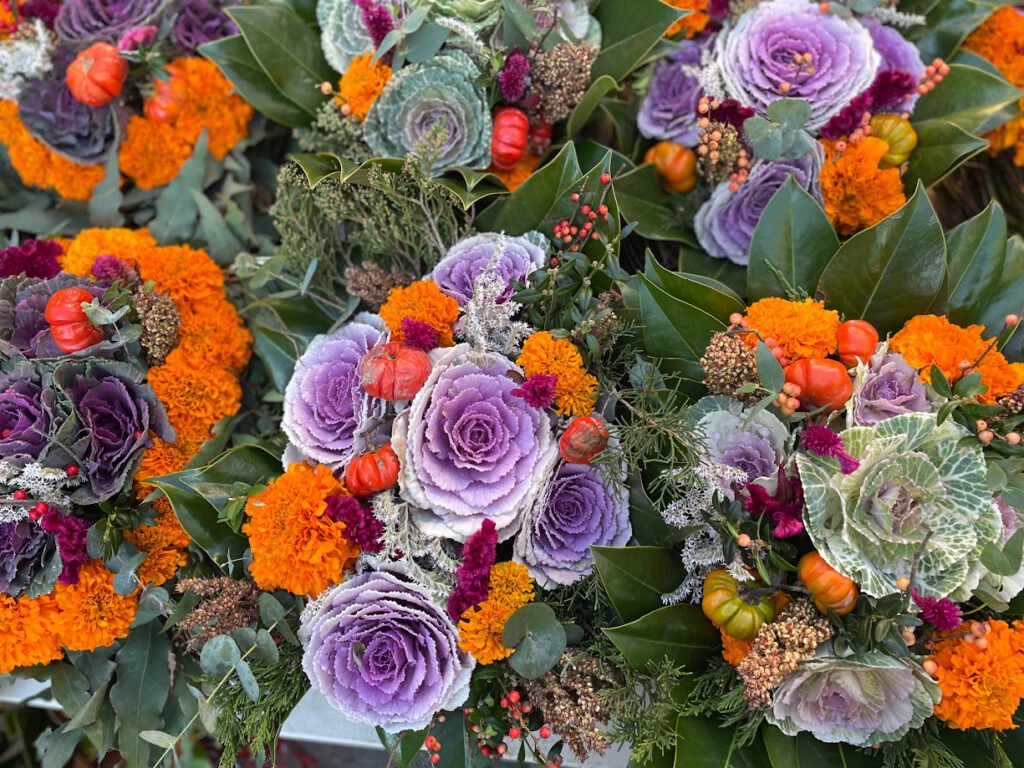 Uncategorized
Uncategorized
September 18, 2025 2025 Thanksgiving Week Schedule – Greenmarkets and Farmstands
Thanksgiving 2025 is right around the corner and markets are abundant with all of the ingredients you need for a delicious meal. We will have some schedule changes to accommodate shopping schedules, see below.*Market days with an asterisk mean it's a special market,...
Read more
Your Generosity Sustains Our Work
Ways to Donate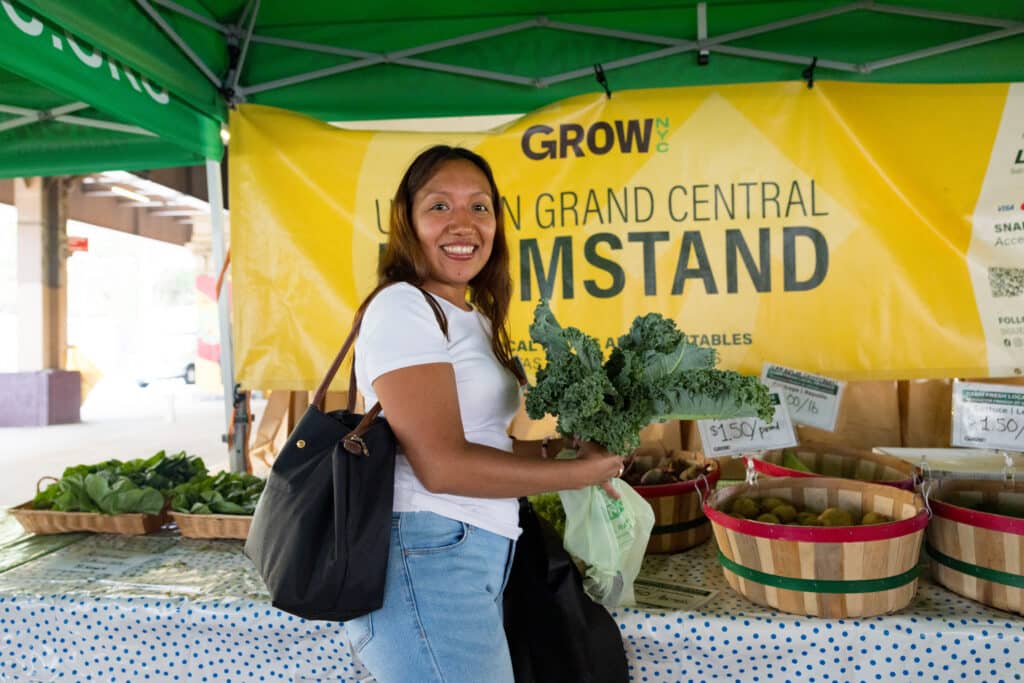
Your support helps keep our gardens blooming, our Greenmarkets thriving, New Yorkers of all ages learning and connecting with nature, and our communities growing stronger—together.
Click to Donate Now